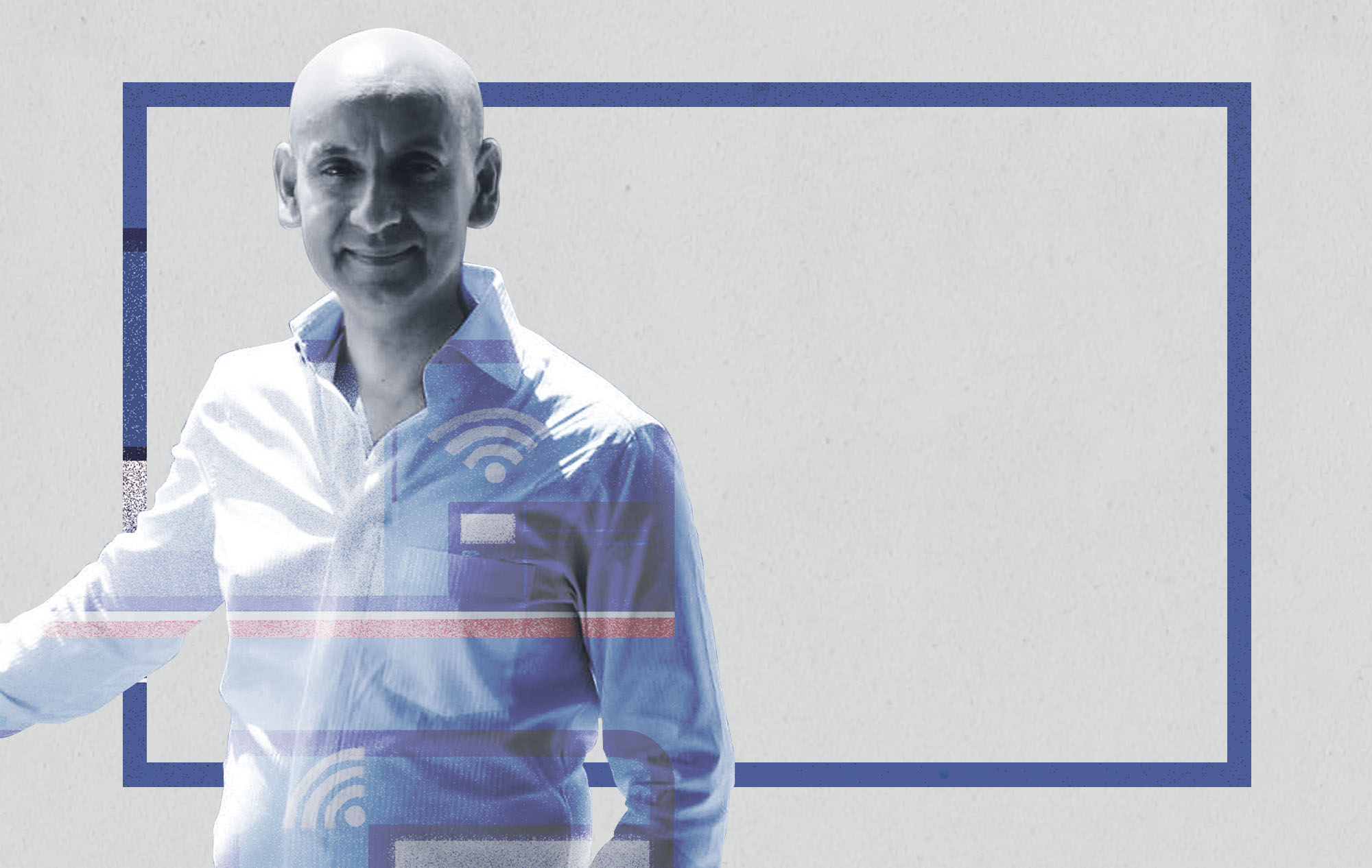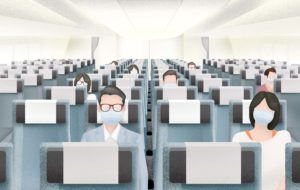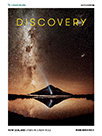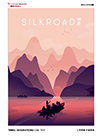Click here to read Geek Girl and the Digital Planet, Nury Vittachi’s original short fiction story for Cathay’s inflight magazine
Can you tell us a bit about the inspiration behind your story?
I do a lot of science writing these days, and every day I find data and discoveries that set my imagination racing. This tale, which combines nerdy know-how with a tale of a human finding happiness combines my interests in science and storytelling. Incidentally, many scientists now think that what sets Homo sapiens apart from other creatures is not tool-making abilities but our extraordinary powers of imagination.
How do parts of it reflect Hong Kong life and culture?
I have always lived in Hong Kong high-rise blocks like the one in the story, with vast numbers of invisible electronic signals criss-crossing my apartment. I’m so nerdy I sometimes use special apps to detect what kinds of signals are crossing my space. I also wanted the story to capture Hong Kong’s best-kept secret: it’s the finest big city in the world for anyone who loves nature walks, as I do.
What would you want the world to understand about Hong Kong today through your fiction writing?
Hong Kong tends to be painted in the international media only in terms of business and politics. But the truth is that we are a lively, resourceful, interesting community. The fact that our apartments are so small means that we spend a lot of time outside them. People around the world consider mountains to be beautiful, and they think harbours are beautiful, too – but I can’t think of another major city where mountains and harbours nestle so close to each other. The other thing that this story is meant to capture is the Asian personality, particularly in Hong Kong. We’re quite quiet and nerdy, but we can connect with people from both East and West.
As a travel magazine, we’re trying something a bit different by publishing an issue of original fiction. How do you feel fiction can inspire travel in a way non-fiction or travel articles don’t?
I always say that if you want facts, you should look at fiction. Journalists will pick out details of politics or business that are relevant on that particular day. But to get anything like a holistic, long-term picture of a community, you need fiction. Good authors try to capture and recreate reality in a way that nonfiction writers don’t. If I want to know what life was like in the 1300s, historians give me an impenetrable wall of facts. But if I read Umberto Eco’s The Name of the Rose, I am transported back to 1327 and am totally immersed in the period. The best way to visit somewhere is to read a novel about it – and then buy an airline ticket.
What do you read when you’re on holiday?
I love mystery books, and my favourite series at the moment is by Irish detective writer Adrian McKinty.
What do you do when you’re on a flight? Are you a reader, worker, film watcher?
I tend to read books on flights. It’s easier to sleep after a book than a movie. Books require your brain to visualize what you’re reading – and that’s the same part of the brain that creates dreams. So reading makes you sleep better. That’s why we tell children stories to get them to sleep. Also, there’s not an airline in the world that tells you to put away your books because the plane is taking off or landing!
What do you think about fiction in an inflight magazine?
In the West, fiction used to appear regularly in magazines and newspapers, and it’s a shame that it’s so rare now. (Did you know the world’s top science publication, Nature, used to have a poetry section?) In Asia, we still get short stories and serials in newspapers in Asian languages, not so much in English. I think inflight magazines are a great place for fiction. Fiction transports you in a delightful manner – exactly like a good plane journey!
Finally, what are you working on at the moment?
I’ve written a longish book about all the great ideas in science, from atoms to quantum physics to time dilation to the big bang – and shown how every single one can be traced back historically to arts and culture. For example, the Big Bang was discovered by a churchman who did science as a hobby, and the theory was dismissed by the science establishment as creationism!













